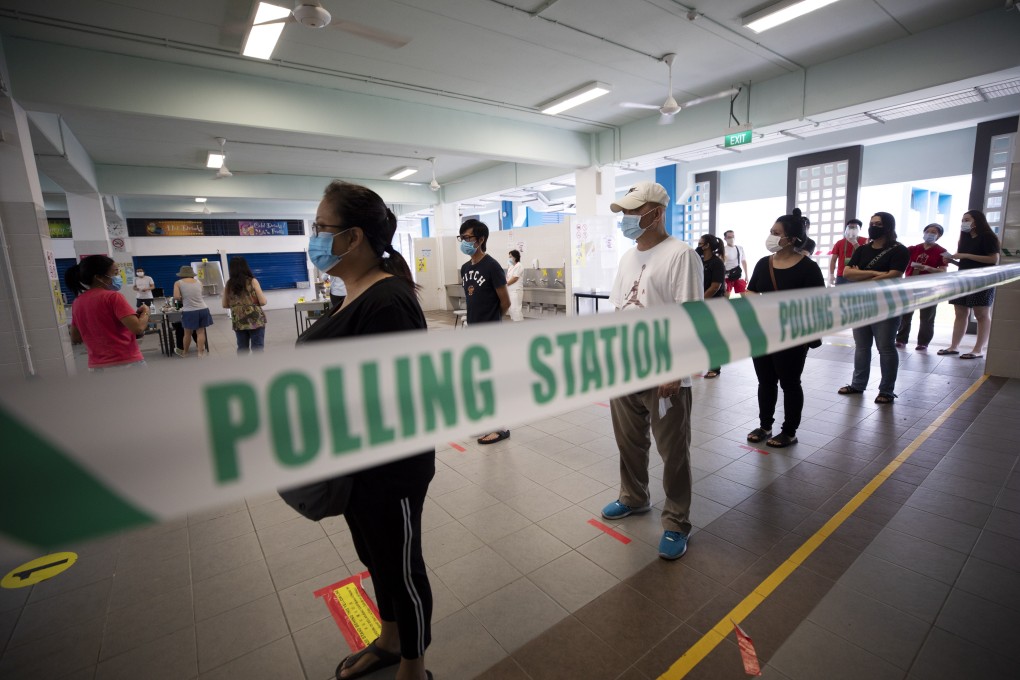Editorial | Singapore election a vote for stability
- The city state’s ruling party has weathered a crisis poll, now it must work with the opposition to confront challenges, contribute to region’s growth and ensure balanced ties with China and the US

Prime Minister Lee Hsien Loong said the result was “not as strong an endorsement as hoped”, an understatement given that the PAP’s share of the popular vote fell by 8.7 percentage points to 61.24 per cent, its third-worst showing in 61 years of continuous rule. But Singapore’s first-past-the-post electoral system means that the ruling party has easily retained power with 83 of the 93 seats in parliament.
Elections are more about allowing voters to send a message to the government. It has been given important information, the backing of young voters in some wards enabling the opposition Workers’ Party to boost its number of seats by four to 10.
It also seems likely the PAP’s plans for Lee to be succeeded by Heng Swee Keat, deputy prime minister and finance minister, will be delayed.
Despite the outcome, stability is assured for Singapore. But although the PAP has weathered what amounts to a crisis election, it has much work to do and the opposition has an important role to play. Working together, they have to confront the city state’s challenges and by doing so, contribute to the region’s growth and ensure balanced ties with China and the US.

